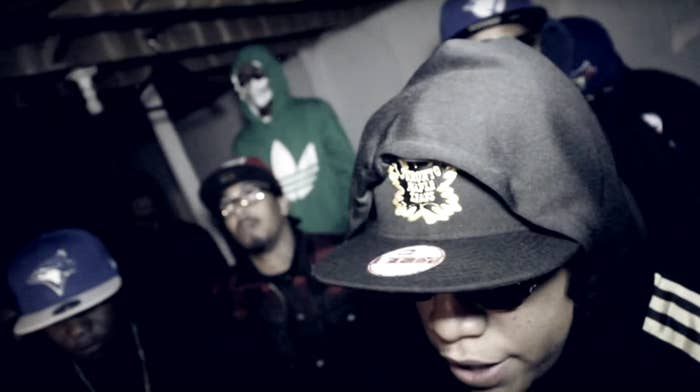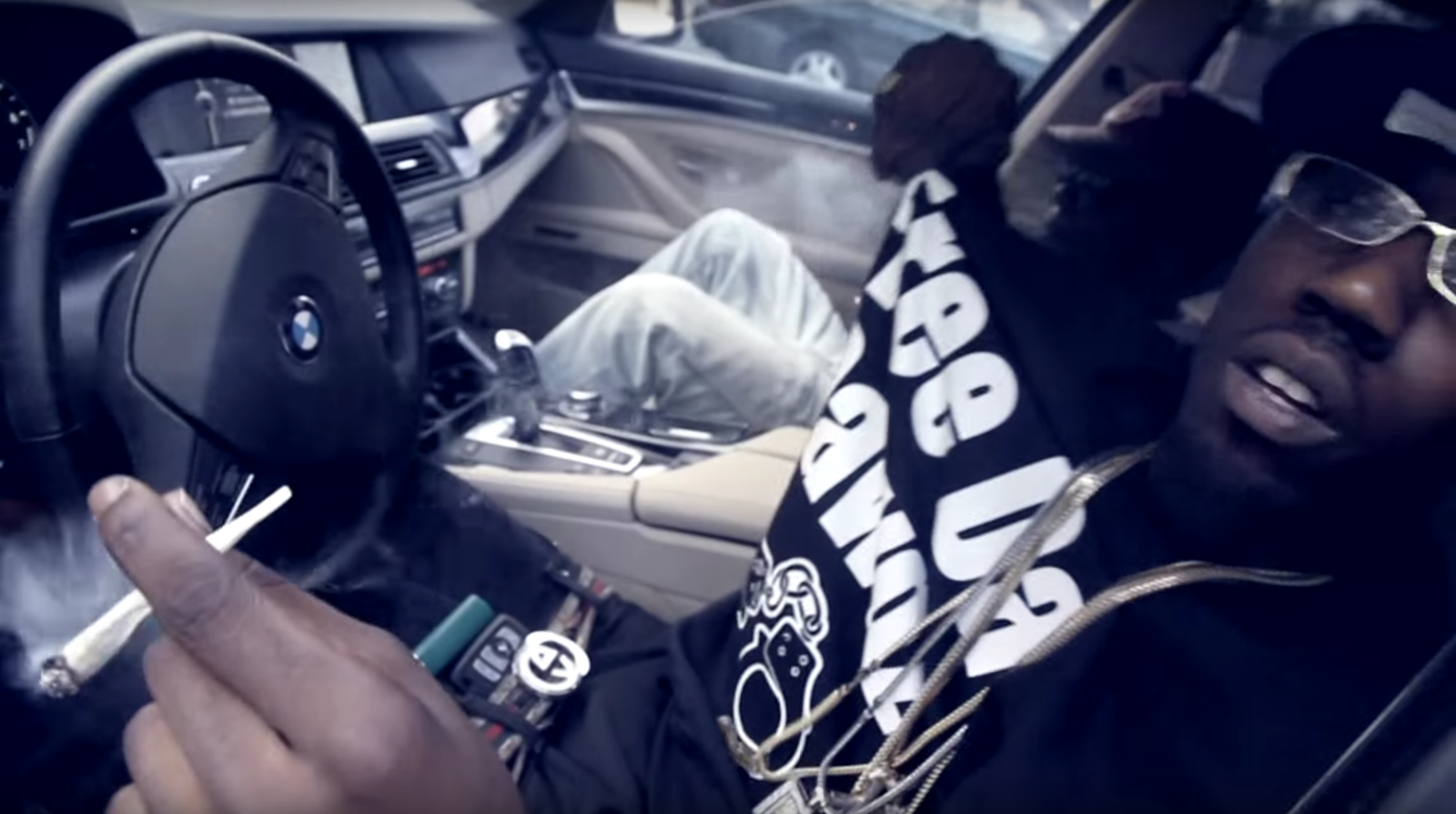Canadian courts have ignored the effects of anti-black racism by regularly admitting rap lyrics as evidence in criminal trials, according to a new study.

University of Windsor professor David Tanovich found 36 Canadian cases where lawyers attempted to introduce rap lyrics as incriminating or impeachment evidence.
Tanovich found that rap songs boasting of violence or gang acts are being used as evidence of actual criminal activity when the songwriters find themselves before a court.
In one Ontario case, a rap career was seen as the motive in itself for a first-degree murder. The defendant's rap songs were deemed admissible because "his lyrics reflect that he felt that having a reputation on the street for violence was a critical aspect of success as a rap singer, and that the reputation should be authentic."
Rap lyrics were once used by defence lawyers in an attempt to discredit a woman who alleged she was sexually assaulted as a teenager.
Though it was not a core part of the case, the woman's rap lyrics led the judge to write that she "seemed well-versed in slang terms for genitals" and "the lyrics do not suggest an innocent young woman who does not understand anything about sexual activity and sexual language."
In another case, a rapper who went by the name Ammo wrote the lyric "real niggaz don’t crack to the coppers, muthafucka." This was introduced in a first-degree murder case as evidence that the man followed a code of silence to never cooperate with police.
In total, Tanovich found 16 cases of prosecutors using rap lyrics as evidence of guilt. He found five cases of rap lyrics being used as defence evidence, six cases of lyrics being involved in sentencing, and four cases of rap being excluded at trial.
In one case, defence lawyers tried to get an expert in to explain the tropes of gangster rap music, but legal aid wouldn't cover it and the judge deemed it unnecessary.
In fact, Tanovich found that usually the only expert witnesses brought in to explain rap lyrics are police officers.

The study raises several concerns, including whether the courts understand the nature of rap, the impact of racial bias on the trial, the "criminalization of culture" and threatening artistic expression.
Tanovich concludes that rap lyrics should only be seen as probative when there is a direct link between the lyrics and the crime being prosecuted.
"Courts must also recognize the very real likelihood that rap lyrics will trigger racialized stereotypes when assessing the prejudicial effect of the evidence," he wrote.
One American study found that people exposed to rap lyrics were more likely to find a black suspect guilty of murder than those not exposed.
The split in how courts handle rap music was made clear in two recent cases. One was a murder trial last year, where prosecutors argued that a man's rap lyrics amounted to a confession.
In R. vs Campbell, the Crown tried to introduce the rap video "I'm a hustler" to show that the defendant had plotted to murder his ex-girlfriend's new boyfriend. Lyrics like "One shot, leave your brains on your Nikes" were argued to be relevant because the murder victim wore Nike shoes.
Ontario Superior Court Justice Ian Nordheimer wasn't having any of it. He noted this "only makes the deceased one of among literally thousands of young men who would be wearing Nikes on any given day in the City of Toronto."
Nordheimer found that there was not enough evidence to make the lyrics relevant to the trial.
In R. vs. Williams, things went the other way. The judge admitted six rap videos as evidence that the accused men were members of a gang. In that case, the only expert testifying about the meaning of the lyrics was a police officer.
Tanovich's study calls for courts to follow the Campbell decision and be extremely cautious about admitting rap lyrics into evidence.
"Cultural competence, in this context, requires an understanding of the origins and nature of rap music," he wrote.
"All to often courts appear willing to construct rap as literal and inculpatory rather than art."
Tanovich could only find one case of lyrics being entered into evidence involving any other genre of music. That case involved a punk/metal song called "Kill Kill Kill" that urged listeners to "kill your parents." When one band member was charged with actually murdering his mother, the song was admitted into evidence. It was later thrown out by the Newfoundland and Labrador Court of Appeal.

